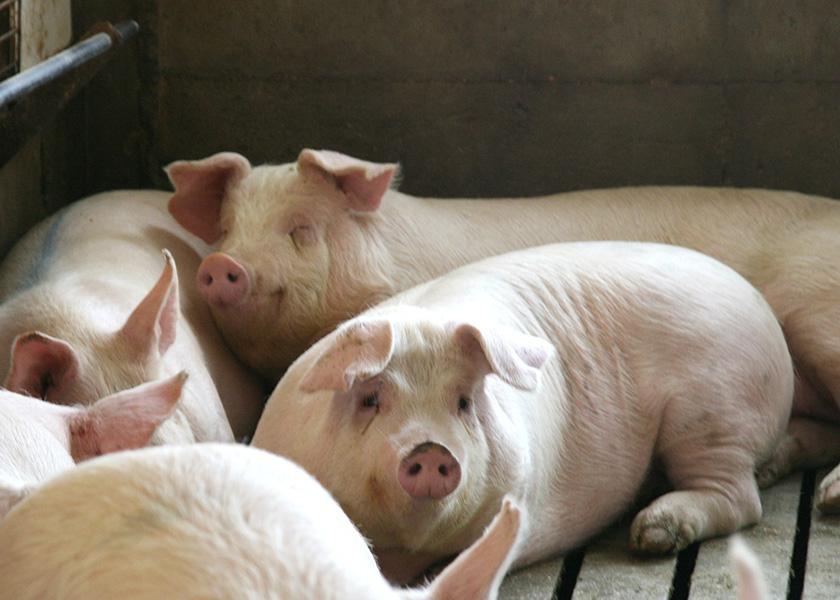Proposition 12 Will Create a Burdensome, Bureaucratic Labyrinth, NPPC Says

California’s Department of Food and Agriculture’s proposed rules for implementing Proposition 12 (Prop 12) will create a burdensome, bureaucratic labyrinth of regulatory provisions, the National Pork Producers Council (NPPC) said in comments filed Monday.
California’s Department of Food and Agriculture’s final rules for implementing Prop 12 were due by September 2019, NPPC said in a statement. The agency issued its proposal in May 2021 with comments due on July 12.
Prop 12 prohibits the sale in California of “whole pork meat” products derived from animals not raised under the arbitrary space requirements that it mandates.
“Many aspects of these proposed rules mirror the draft proposed rules CDFA posted last July,” NPPC wrote. “However, as the Notice of Proposed Action (notice) and Initial Statement of Reasons (statement) accompanying the rules acknowledge, the law provides no food safety or animal welfare benefit (and in fact will lead to a significant increase in animal suffering), provides no meaningful benefit to California, and will impose substantial burdens on interstate commerce.”
NPPC pointed out that the proposed rules for Prop 12 will have the following impact on the U.S. pork industry:
- Require a virtually unworkable annual certification of hog farms.
- Create an overly complex accreditation process for entities allowed to certify those farms and the pork production chain.
- Impose overly burdensome and unnecessary recordkeeping requirements on farmers and others throughout the pork supply chain.
- Impose unnecessary and problematic labeling provisions.
- Grant legally questionable enforcement authority that exceeds the scope and authority of Prop 12.
“As California has no significant commercial pork production, the burden of complying with Prop 12 – and its harmful ramifications – will be felt by hog farmers across the country,” NPPC said in a statement. “Meanwhile, Prop 12 will dramatically reduce the supply of pork to Californians, driving up prices for consumers and removing an affordable source of protein for millions of hard-working families in the state. NPPC and its members strongly object to Prop 12.”
Prop 12 is currently being challenged in a separate lawsuit from NPPC and the American Farm Bureau Federation. The lawsuit asks the court to strike down Prop 12 as unconstitutional under the dormant commerce clause. The U.S. Court of Appeals for the Ninth Circuit heard oral arguments in April and is expected to make a decision in mid-July.
An NPPC spokesperson said although they are still awaiting a court ruling on their Prop 12 lawsuit, the organization submitted these comments in the interest of reducing the burdens and impacts of the regulation.
More from Farm Journal's PORK:
The Unintended Consequences of Prop 12: Consumers Brace for Pork Price Hikes in California
Pork Industry Braces for Catastrophic Costs to Implement Proposition 12
Proposition 12 Pressures Aren’t Going Away
On-Demand Webinar: Proposition 12: Where Do We Go From Here?
20 States Back Challenge to the Constitutionality of California’s Prop 12
California’s Proposition 12 Would Cost U.S. Pork Industry Billions
New Briefs Filed in Support of NPPC’s Proposition 12 Lawsuit
Pork Industry, Don’t Underestimate Proposition 12
Court Upholds California Proposition 12
California’s Proposition 12: NPPC, AFBF Seek to Strike as Invalid







